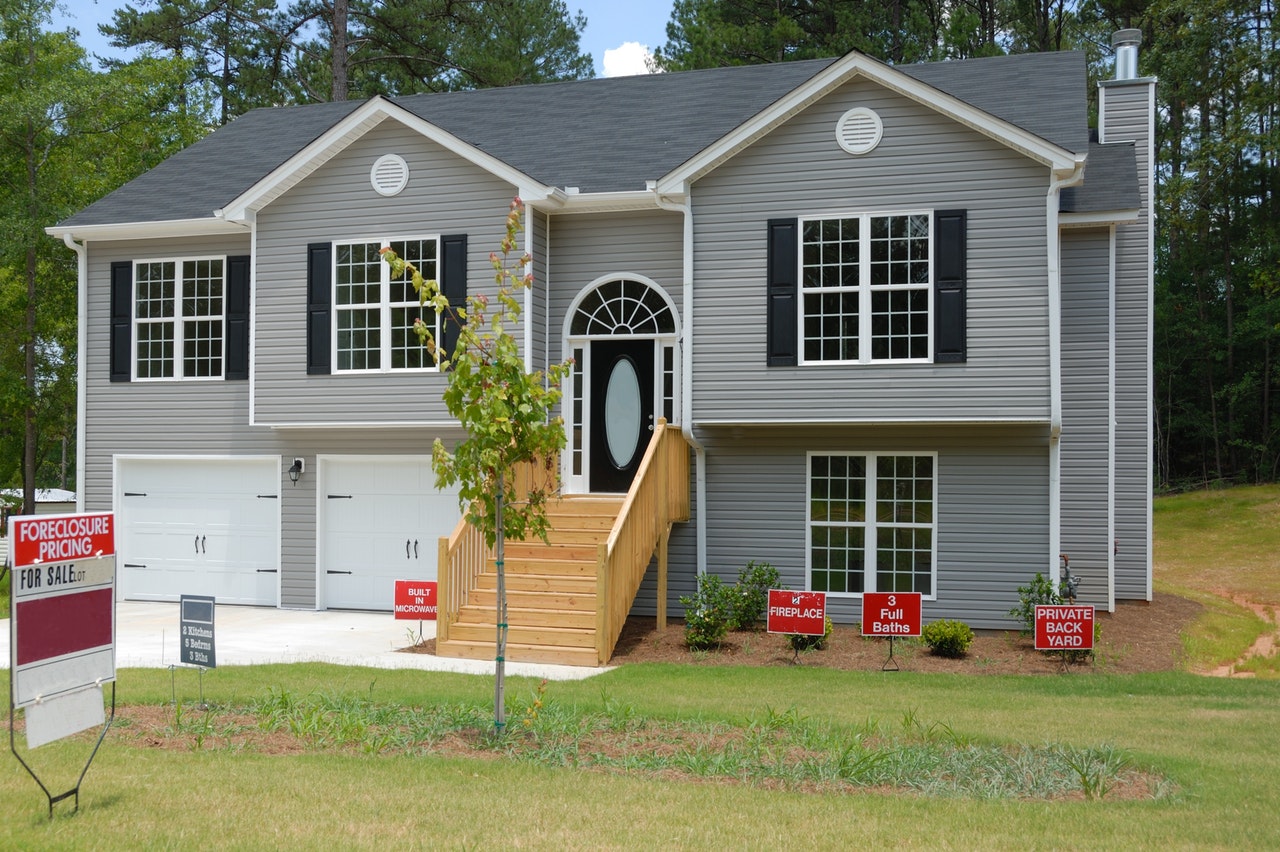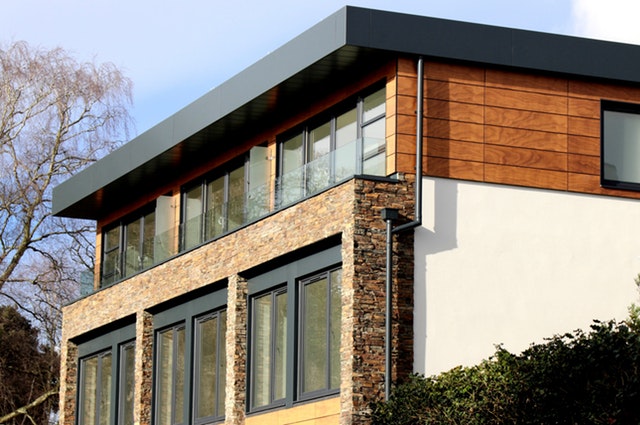Do You Have the Potential to Become a Property Developer?
Property development is an industry that many people have tried so desperately to break into, but very few people manage to actually sit down and break their way into the market. This is for several reasons. First of all, there’s a high barrier to entry due to the money you need. Buying a house, whether it’s a small shack on the edge of a city or a large high-rise apartment, is going to cost money. That’s money you won’t see a return on for a while and, in some cases, you could end up losing thousands due to negligence or mistakes you make as an amateur property developer. Next, there are plenty of legal matters and complicated procedures that aren’t exactly intuitive for someone who is new to the industry. You’ll have to go through real estate agents if you want to sell or rent out your property unless you have a web of contacts to rely on for exposure.
It goes without saying that property development is a tough industry to crack, but many people truly believe that they have what it takes—they just need the money to start. If you really want to become a property developer because of the promise that it can make a ludicrous amount of money and a wealthy living, then here are some of the common mistakes you need to avoid. If you can safely navigate this minefield, then it’s safe to say that you really do have what it takes to become a property developer.

Not caring about the location of your property
Some people truly believe that the fantastic deal they got on a 5-bedroom home on the outskirts of the city will outsell a basic apartment that’s close to public transport and amenities. Location is incredibly important, and a lot of research has to go into this subject before you can safely invest in a property. For instance, if you purchase a property in a nice area, then you might feel like it’s the perfect property for retired seniors. However, if the house has around 4 bedrooms, an extremely large garage and no local amenities, then it’s very unlikely. This is because seniors don’t need the extra bedrooms if they’re planning on retiring in that home, and they’re not very likely to drive hence why it’s convenient for them to have local amenities such as grocery stores and community meeting spots. If you want to advertise your property to a specific market, then you need to have the knowledge and expertise available to pick an area that fits the profile of the audience you wish to sell to. Without ample research, you’re not going to get anywhere in the property development market.
Hiring the right builder for the job
When you want to build a property, you have to ensure that your builders are reputable and have a good portfolio. Hiring any old builder off the street or local directory just won’t cut it because you need a group of people who are dedicated to their job and capable of giving you the best deal possible as well as the best service and quality. Make sure the builder doesn’t suggest you cut corners—that’s’ the sign of a cheaper builder that will reduce quality for the sake of profits. It will immediately be noticeable in the final product and the last thing you want is to tear down entire walls or structure just to replace the material because it doesn’t seem right. There are always going to be cheaper alternatives in the world of property development, and it’s up to you to weed out all of the fakes in order to get the best quality you can. This will ultimately give your house more real value instead of fake value, and it gives you a better reputation as a property developer that can deliver both quality and comfort.

Overestimating what you and your property are capable of
After buying a home to sell or rent out to tenants, you’re probably over the moon because you’ve finally got your first foot on the property ladder. However, this isn’t a time for over exaggerations and fantasies—you still have a job to do. Never overestimate what your property is capable of. If you bought a tiny apartment in the middle of a city, then don’t get too happy just because it has close transport links and some nice local amenities. You’re not going to sell it for millions and you’ll likely have to renovate or improve the property before it’s worthy of being put on the market. Similarly, if you bought a country cottage for a fantastic price and plan to market it as a retirement property, then don’t go overboard by filling it with several bedrooms, knocking down walls to create modern decor and fill it with chic additions. As a retirement home, it’s not going to need all those fancy additions and they likely won’t add much value at all to the property. In short, evaluate what your property is capable of and what your own personal skills can do for you. If you’ve never attempted to market your property to specific market, then start small and ensure you’ve done ample amounts of research before you decide to tackle something new.
Don’t get greedy with your property
Don’t overestimate what your property is. Once you get greedy in the world of property development, there’s little to no chance of you ever going back. Greed is one of the biggest roadblocks for new property developers because they want to squeeze every penny they can from a sale. You might feel like you have to sell something because prices are gradually falling, or you might even try to fake the worth of your property by increasing the price very subtly. Although house prices can sometimes be subjective, home buyers are savvy enough to know a deal when they see one, and if they notice that you’re increasing prices because of greed, you’re not going to get much business.

